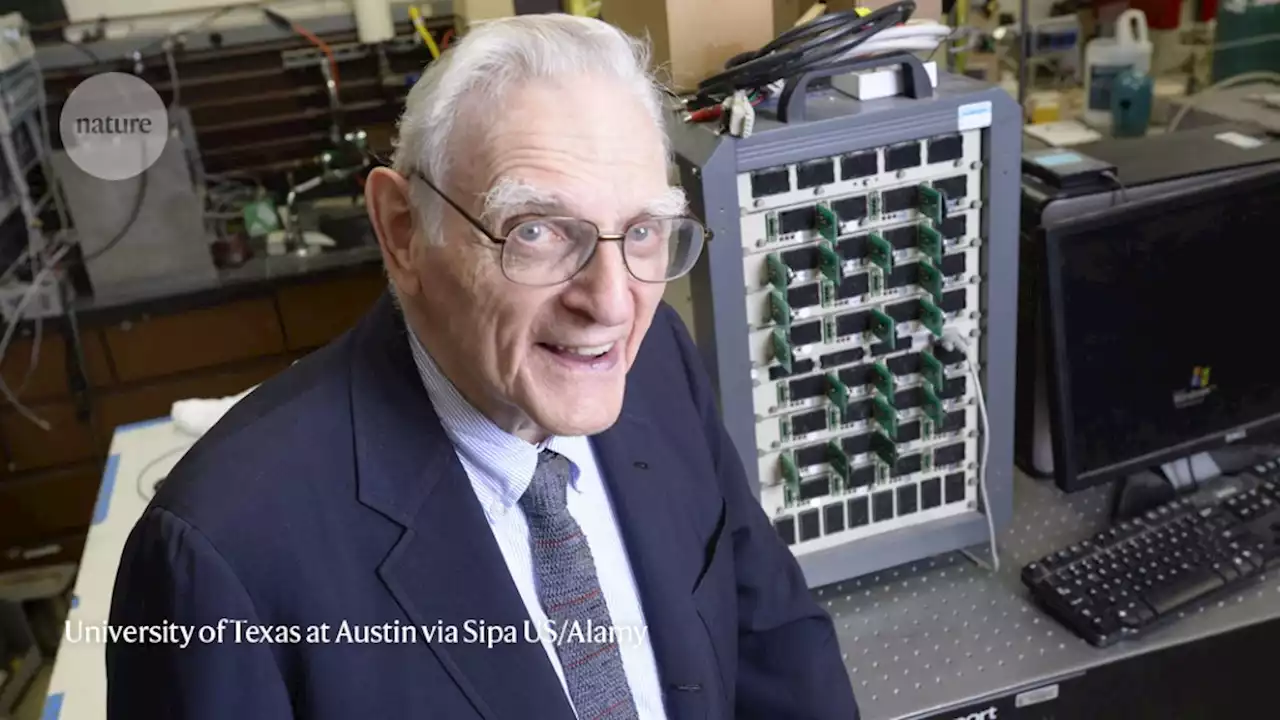Obituary: John Bannister Goodenough, battery pioneer (1922–2023)
) is an encyclopedic account of the behaviour of electrons in the transition-metal oxides that underpin a host of technologies, from digital computers and microelectronics to photovoltaics, lasers, solid-state lighting, superconducting devices and batteries.
In the 1970s, Goodenough turned his attention to renewable energy amid his concerns about the volatility of the international oil trade. His focus was on developing technologies that could be used in lower-income countries. In 1976, he was appointed head of the Inorganic Chemistry Laboratory at the University of Oxford, UK. There, his focus turned to lithium batteries, building on earlier work on sulfide-based materials by Whittingham at oil company Exxon.
John was defined by his principles and was a true humanitarian with a deep sense of justice. In 1985, he was invited to visit South Africa, then under apartheid.
Apart from stepping aside from full-time research for three years in his early nineties to care for Irene, John continued to go to work most days. Three years before his Nobel prize, an interviewer on BBC radio put to him the widely held view that he should have received the award years earlier. “Prizes are decisions made by those who do the awarding,” he replied. “But that’s what I call ‘wood, hay and stubble’.
Large in stature, with a formidable intellect, John was genial and kind yet patrician and private, quietly considered but with a long, loud and exuberant laugh. As his frank autobiography describes, his life was shaped by the delights and trials of his rural childhood and defined by his and his wife’s shared faith.
United States Latest News, United States Headlines
Similar News:You can also read news stories similar to this one that we have collected from other news sources.
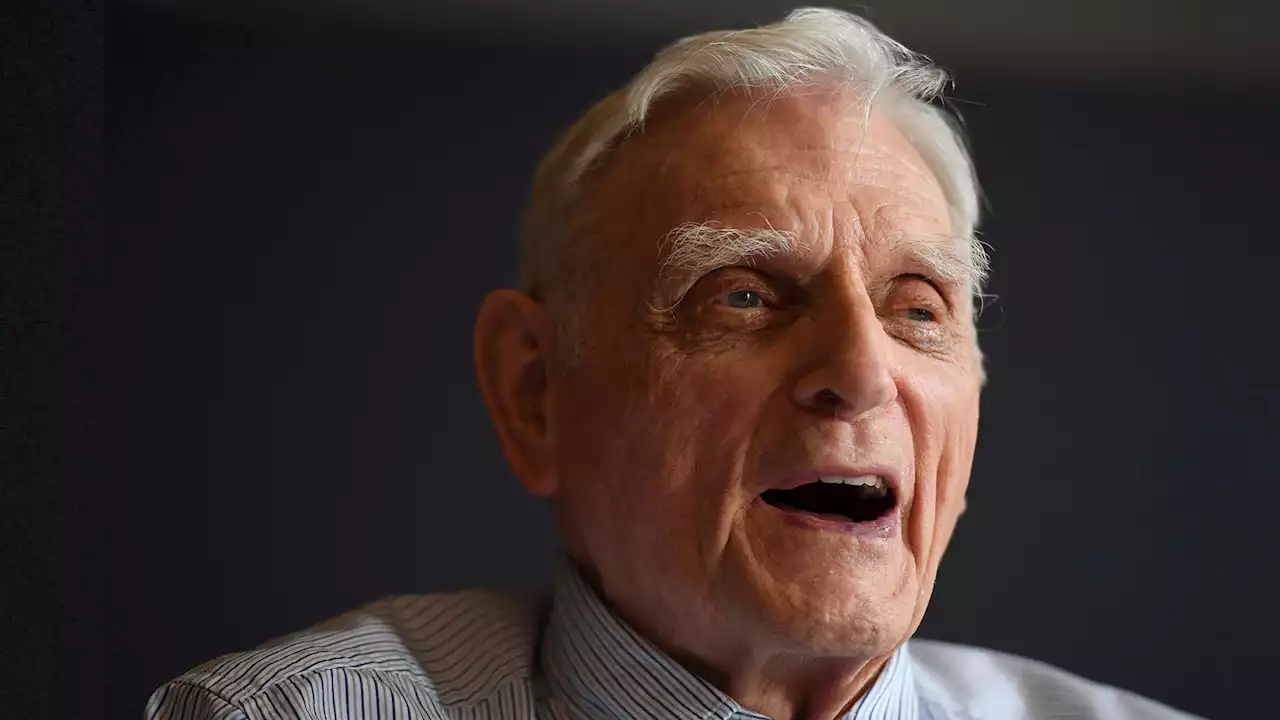 Inventor John Goodenough, Nobel-winning co-creator of the lithium battery, dies at 100 in AustinJohn Goodenough, who shared the 2019 Nobel Prize in chemistry for his work developing the lithium-ion battery that transformed technology with rechargeable power for devices ranging from cellphones, computers, and pacemakers to electric cars, has died at 100, the University of Texas announced Monday.
Inventor John Goodenough, Nobel-winning co-creator of the lithium battery, dies at 100 in AustinJohn Goodenough, who shared the 2019 Nobel Prize in chemistry for his work developing the lithium-ion battery that transformed technology with rechargeable power for devices ranging from cellphones, computers, and pacemakers to electric cars, has died at 100, the University of Texas announced Monday.
Read more »
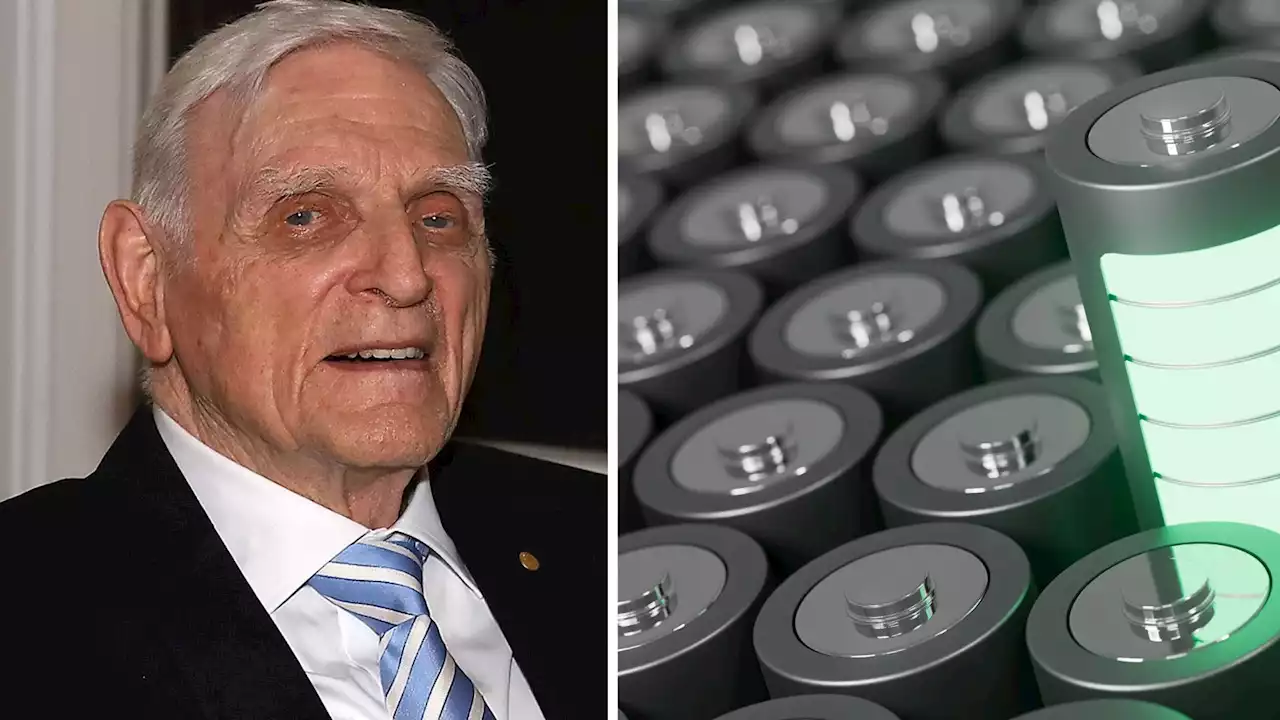 John Goodenough: Inventor of the lithium-ion battery passes away at 100Goodenough's contributions helped revolutionize lithium batteries, making them accessible to all. But he never received any royalties for his invention.
John Goodenough: Inventor of the lithium-ion battery passes away at 100Goodenough's contributions helped revolutionize lithium batteries, making them accessible to all. But he never received any royalties for his invention.
Read more »
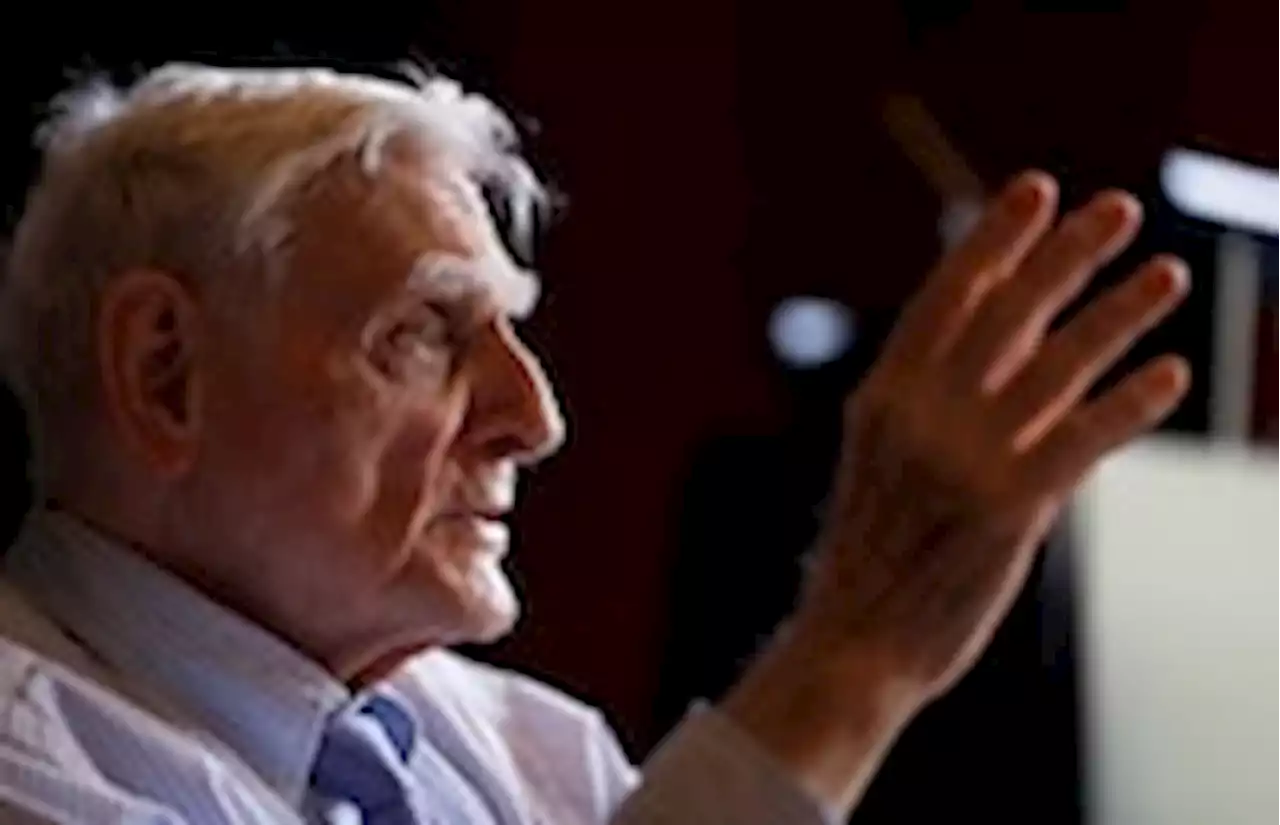 John Goodenough, part of Nobel trio in lithium battery hunt, dies at 100“I want to solve the car problem. I’d like to get all the gas emissions off the highways of the world. I’m hoping to see it before I die. I’m 96,” Dr. Goodenough said in 2018, using a recurring joke about his refusal to retire. “There’s still time.”
John Goodenough, part of Nobel trio in lithium battery hunt, dies at 100“I want to solve the car problem. I’d like to get all the gas emissions off the highways of the world. I’m hoping to see it before I die. I’m 96,” Dr. Goodenough said in 2018, using a recurring joke about his refusal to retire. “There’s still time.”
Read more »
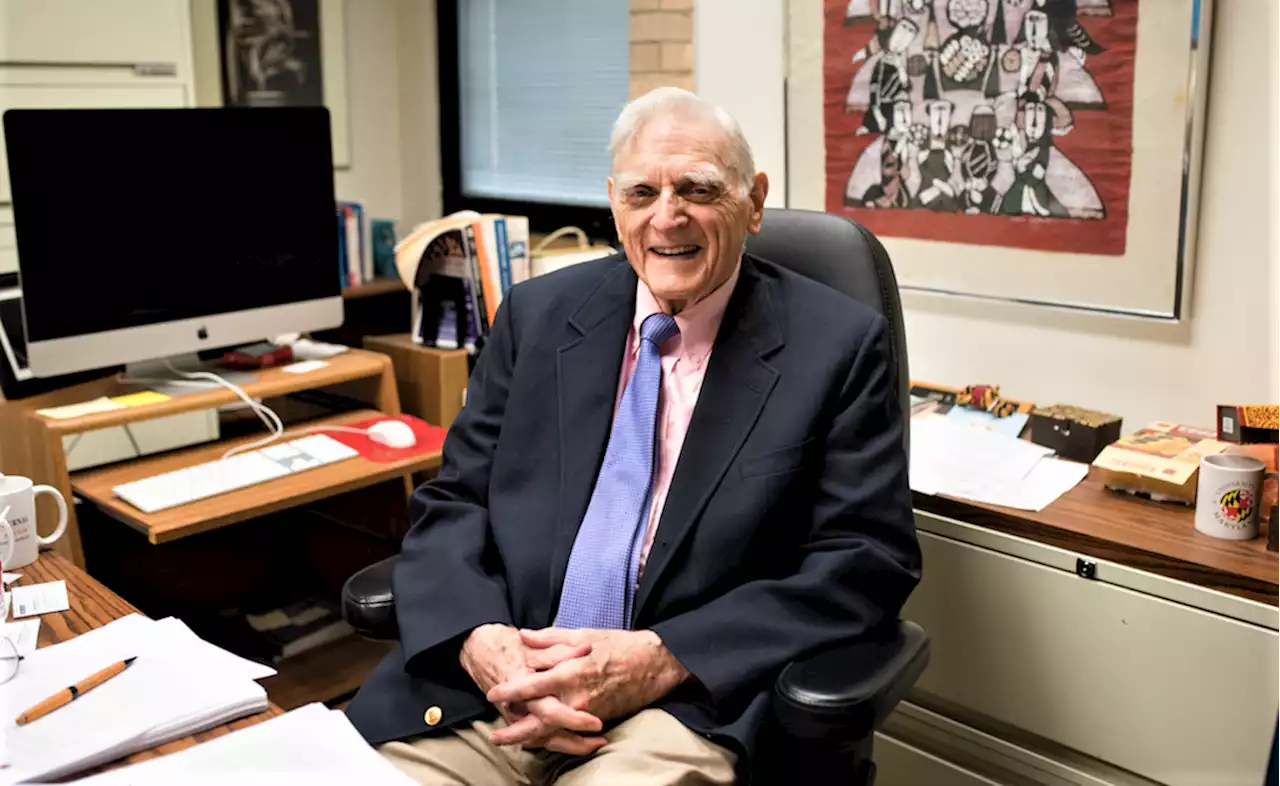 In Memoriam: John Goodenough - Clean Tech Super Hero - CleanTechnicaJohn Goodenough, whose research helped bring modern electronics and lithium-ion batteries to the world, has passed away at age 100.
In Memoriam: John Goodenough - Clean Tech Super Hero - CleanTechnicaJohn Goodenough, whose research helped bring modern electronics and lithium-ion batteries to the world, has passed away at age 100.
Read more »
 John Goodenough dies at 100; Nobel-winning scientist’s work led to creation of lithium-ion batteryHis discoveries helped make portable electronics such as cell phones and laptops ubiquitous, and they laid the groundwork for the development of long-range electric vehicles and renewable energy st…
John Goodenough dies at 100; Nobel-winning scientist’s work led to creation of lithium-ion batteryHis discoveries helped make portable electronics such as cell phones and laptops ubiquitous, and they laid the groundwork for the development of long-range electric vehicles and renewable energy st…
Read more »
 A Late, Great Texan’s Invention Is Helping His State Through the Heat'So far the power grid has more or less held up, and a huge reason lies with the descendants of the batteries that Goodenough invented.' billmckibben on how John Goodenough's invention is helping Texans stay cool under the HeatDome:
A Late, Great Texan’s Invention Is Helping His State Through the Heat'So far the power grid has more or less held up, and a huge reason lies with the descendants of the batteries that Goodenough invented.' billmckibben on how John Goodenough's invention is helping Texans stay cool under the HeatDome:
Read more »
